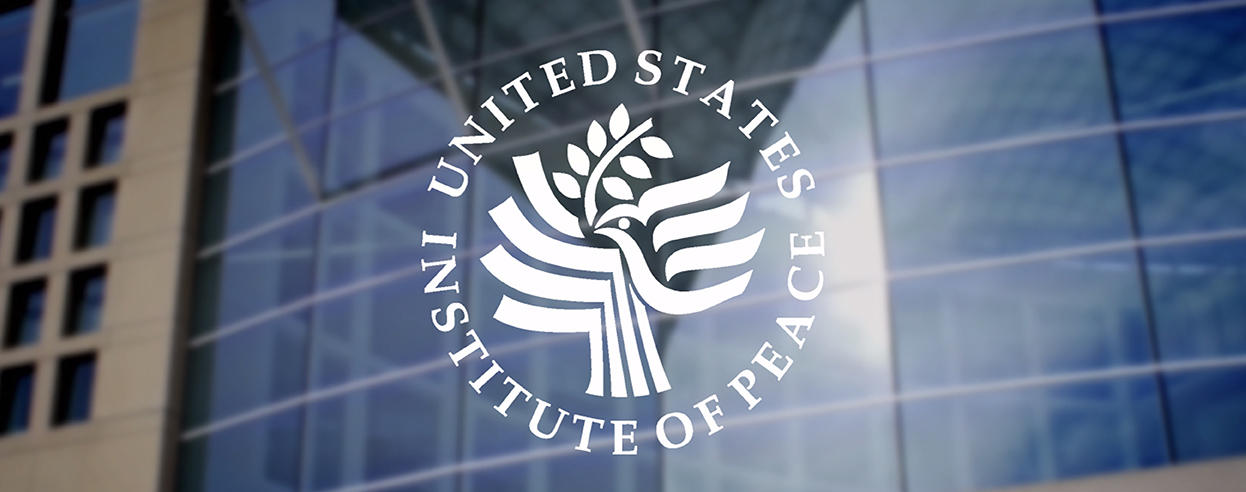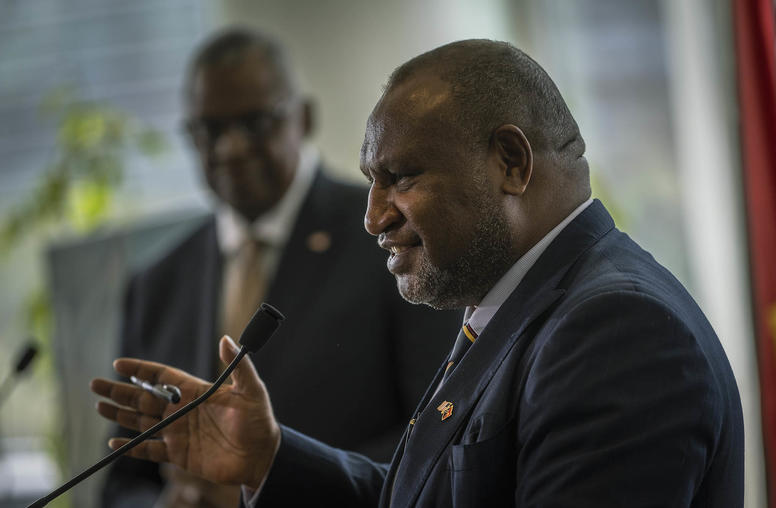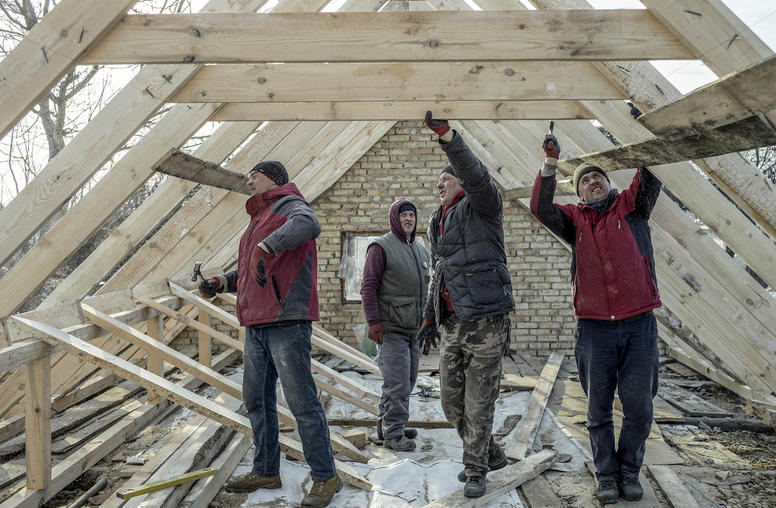As the world this year saw its highest tide ever of people displaced by war, violence or persecution, the U.S. Institute of Peace has reinforced its work in the field to help reduce violence and its threat to U.S. and global security. “Our mission has never been more urgent,” says USIP President Nancy Lindborg in a video that highlights USIP’s work worldwide.

The number of refugees worldwide has reached 60 million—equal to the population of Italy. More than a million of those displaced have poured into Europe from countries across Africa, the Middle East and Asia. Extremism has been shown to grow in troubled countries and communities worldwide, and to be able to strike violently anywhere.
“Our mission has never been more urgent” -- USIP President Nancy Lindborg
In the face of these problems, “2016 will be a big year for us,” Lindborg said. Notably, “we will deepen our focus on countering violent extremism.”
USIP’s work includes countries and problems that make daily headlines—such as Syria and Iraq, Afghanistan and Pakistan, Nigeria and Myanmar.
And the Institute works in ways and in places less visible in global media. In Colombia, USIP is supporting a peace process that took important steps in 2015. In African universities, USIP worked to strengthen education in conflict resolution. In field programs across 22 countries worldwide, the Institute helped local populations build more stable societies with the resilience to solve conflicts non-violently.
USIP’s work in 2016 will be marked by the “application of what we know for building inclusive peace processes and increasing justice and security” in states suffering violent conflict or sliding toward it, Lindborg said. That work “will be critical to our fundamental mission of realizing a world without violent conflict.”



